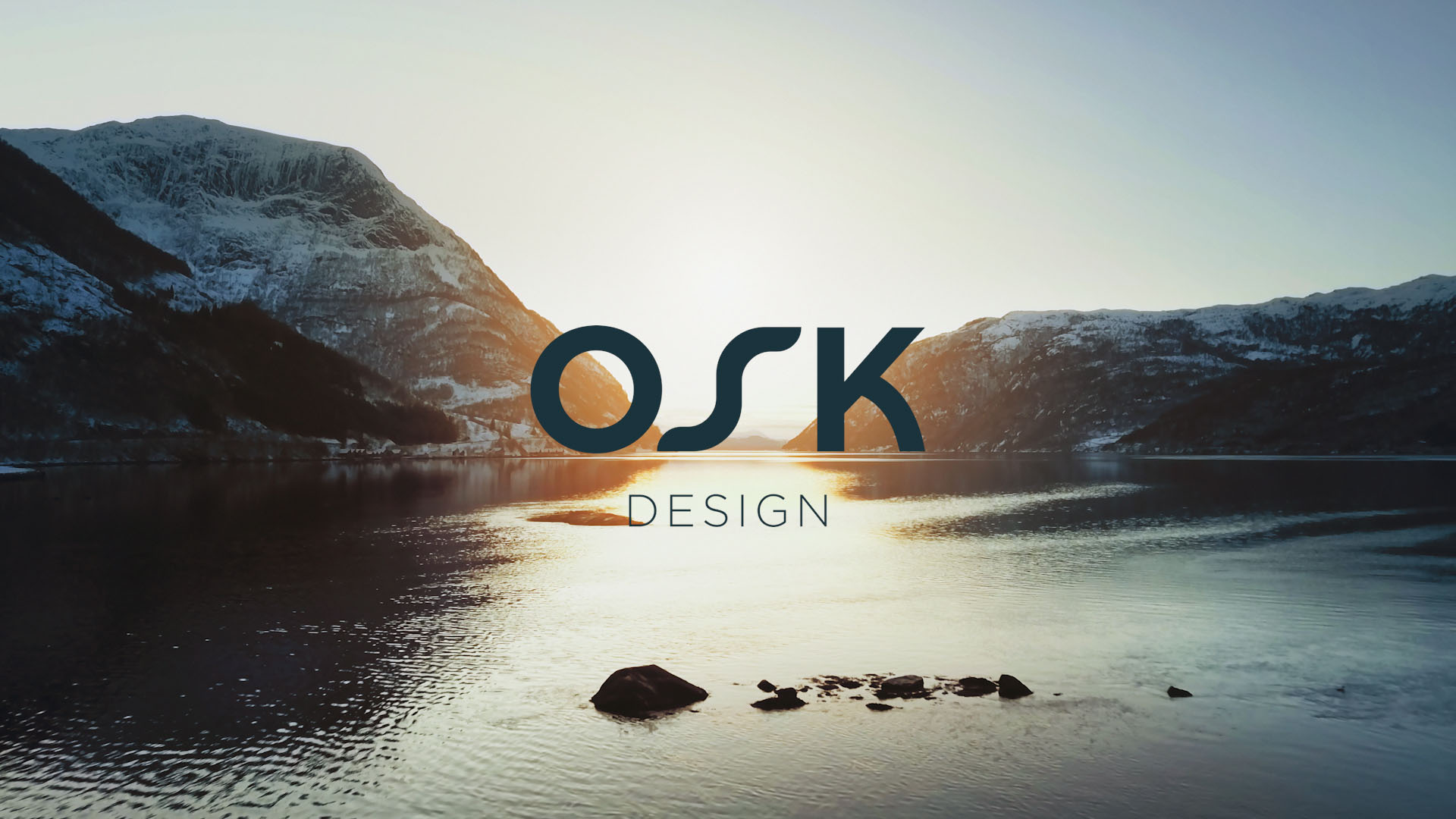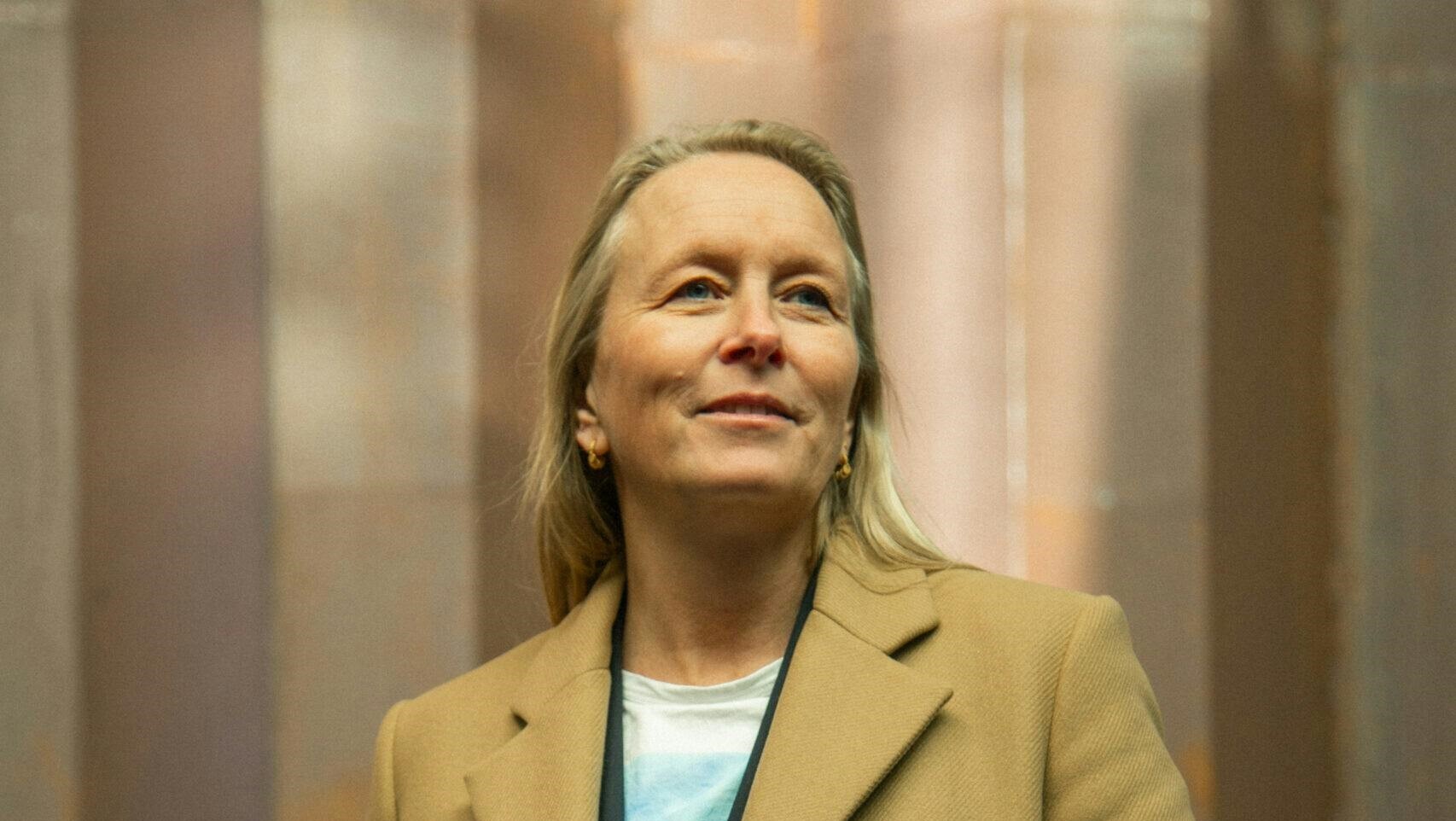We have to shift the lens from focusing only on the operational CO2 emissions of a newbuilding to also focus on and include the emissions related to building the ship in the first place!
Of course you can reduce the operational emissions from ferries by building a new ferry with greener propulsion types. Only problem is, we’re just solving half the challenge...
“Thirty percent of the CO2 emissions of a ship during its entire lifetime derive from the mere building of the ship. We have to look at the ship’s TOTAL CO2 impact – building and operation included. We are convinced that there is a huge CO2-saving potential in focusing more on retrofits than on newbuilds,” says CCO Anders Ørgård of OSK-ShipTech A/S.
Together with seven innovative partners, OSK-ShipTech participates in Energy Cluster Denmark’s innovation project which investigates if converting domestic ferry MARGRETE LÆSØ from diesel to methanol in its bid to become CO2-neutral and particle-free is practically feasible in relation to her operational profile. If proven feasible, 53 domestic routes in Denmark alone could benefit from the project.
Project partners
LÆSØ KOMMUNE, EMENERGI, Advent Technologies A/S, Nordhavn Power Solutions A/S, Hydrogen Valley, DBI, AAU Energy and Energy Cluster Denmark.
Project scope
Proof of concept - installation demands of the new technology related to bunkering, handling, and safety aspect of methanol on passenger ferries - ready for implementation within 5 years.
Read the article from Energy Cluster Denmark: Grønnere færgefart på vej til Læsø, 24 February 2022
#shipdesign #methanol #greenenergy #navalarchitecture #domesticferries
#energyclusterdenmark #passengerferries #ferrydesign #retrofit #co2emissions



